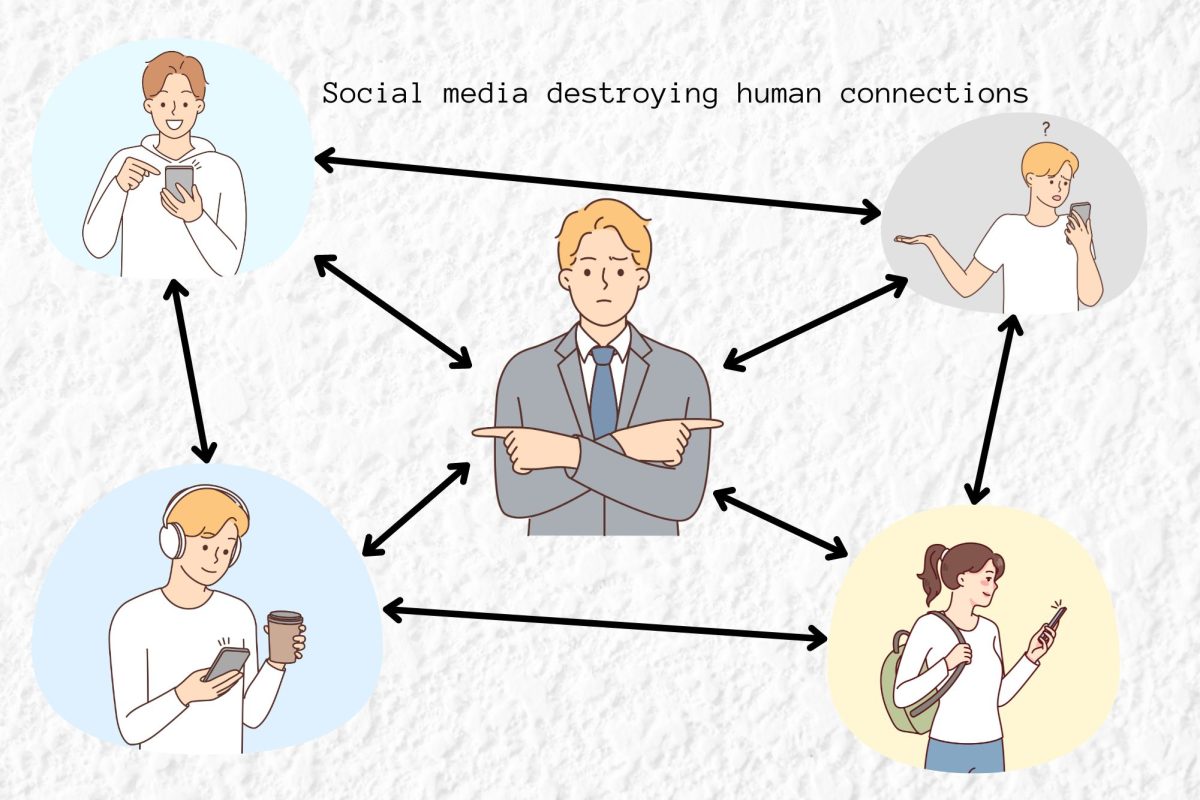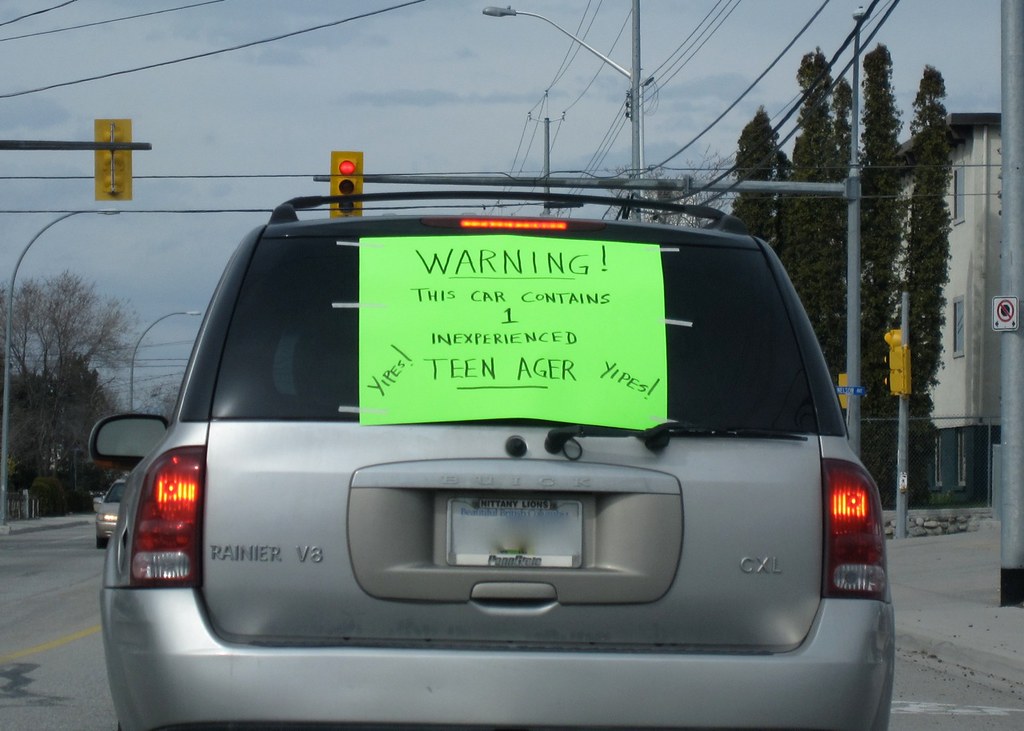*The opinions expressed within the content are solely the author’s and do not reflect the website’s or its affiliates’ opinions and beliefs.*
Social media has created a void of empathy amongst users. Our experiences and emotions are all severed by a blue screen – a screen that leaves no filter on what we say. Since the conception of the internet, which was first used for military purposes, we have used it to communicate with others. Since then, this technology has progressed into various forums including entertainment communication via modern social media.
According to the University of Maine, around 92 percent of all internet users have a social media account. Each of these users has an opinion; sometimes they have opinions that can’t be expressed offline, largely because they are scared their opinions will be ostracized by their peers and superiors. However, with different social media platforms, people can anonymously express these opinions without consequence. Those who merely observe the opinions of others lack an empathetic connection to the anonymous account. They overlook the person behind the post, fixating solely on the content presented. Frequently, what surfaces is an unfiltered reaction, mirroring the anonymity of the original post. This often sparks heated debates filled with derogatory insults and slurs–language that individuals would typically refrain from using in face-to-face interactions. It’s far simpler to be unkind to someone when their identity remains unknown.
Most social media companies know this, and most promote discourse and arguments, which keeps users engaged and using their platform. They shove post after post, feeding a steady stream of content to consume. Often, people will find it difficult to get off social media; for some, they will shut out the outside world and envelop themselves in online activity. This is massively unhealthy. We are social creatures, a trait in our DNA we formed as a survival necessity. It has been ingrained in such a deep part of our bodies and brains that we will have mental and physical reactions to isolation. According to the American Psychological Association, prolonged exposure to social media without physical human interaction can lead to anxiety, depression and other negative mental and sometimes physical reactions.
As with most aspects of life, moderation is key when engaging with social media platforms. While it cannot remedy feelings of loneliness entirely, social media offers opportunities to connect with new acquaintances and established friends, fostering relationships that may otherwise remain dormant. It would be presumptuous to overlook the potential challenges of initiating and maintaining in-person conversations. However, discourse over social media should not serve as a substitute for genuine face-to-face interactions. As many of us transition from high school to the realities of adulthood, the unfamiliarity of new environments can be daunting. Succumbing to the temptation of isolating oneself from others is not a viable solution. Such behavior risks reducing everyone to mere strangers, eroding the bonds of camaraderie and connection. Consequently, individuals may interact with others as if they were communicating online – detached and disengaged. Ultimately, this mindset leads to a loss of empathy and genuine human connection.
Therefore, it’s imperative to approach social media with moderation. If navigating the complexities of socializing in the adult world feels daunting, consider engaging with your local community. Extend a friendly greeting to your neighbor or strike up conversations with your coworkers. Remember authentic human connections are invaluable, so let’s not forsake them in favor of virtual interactions.











